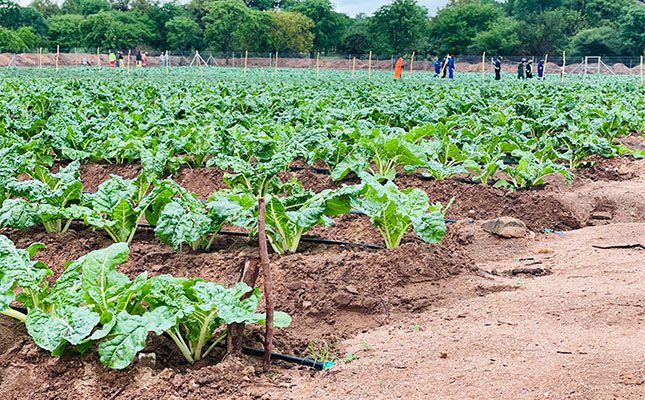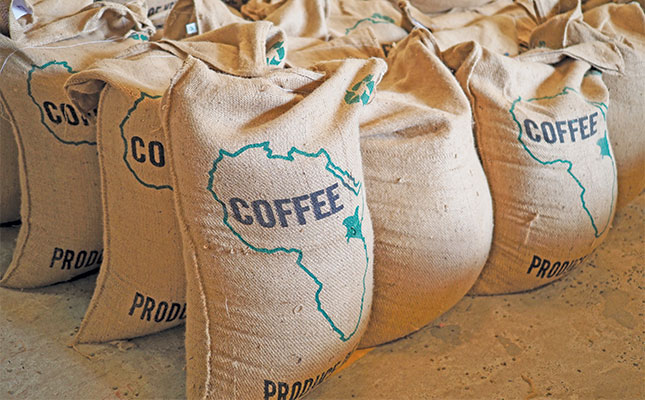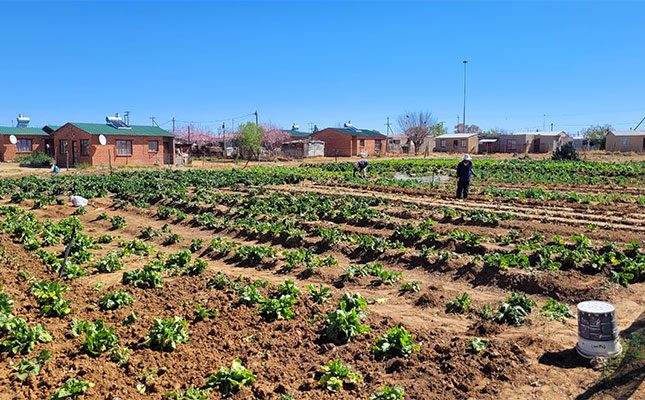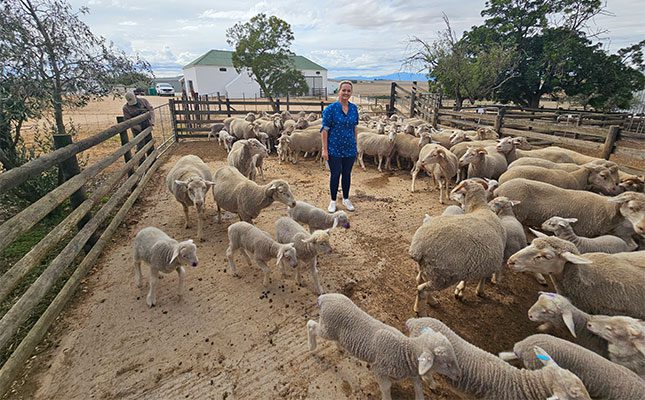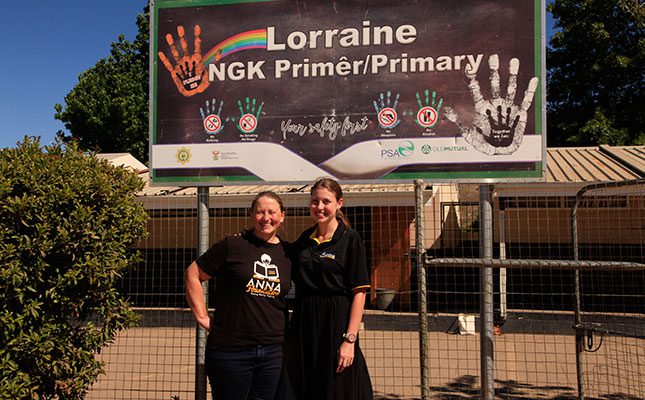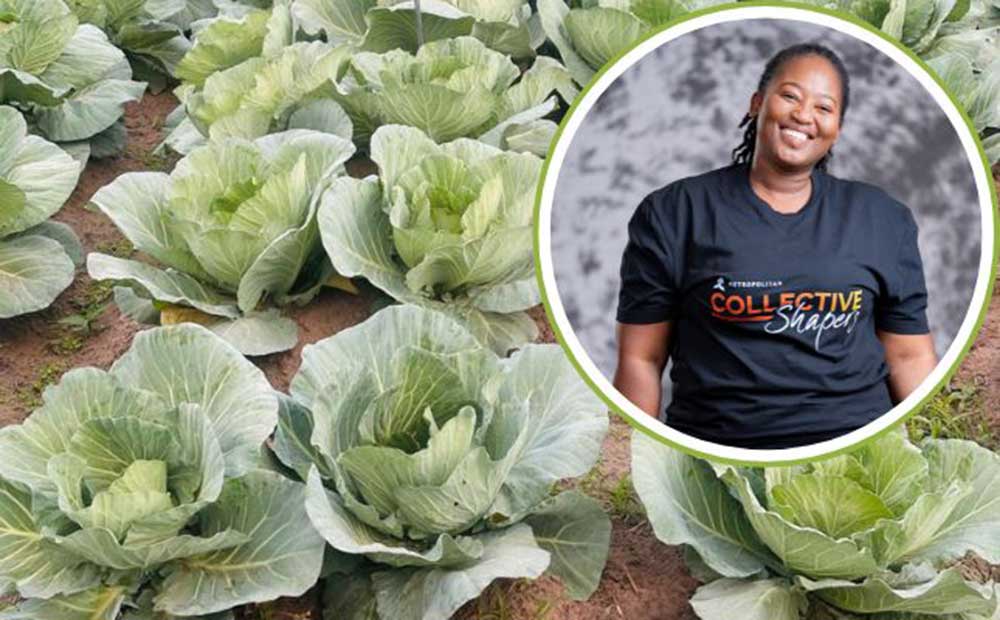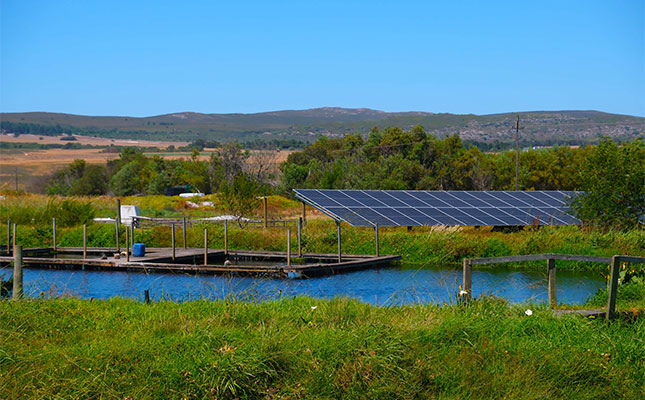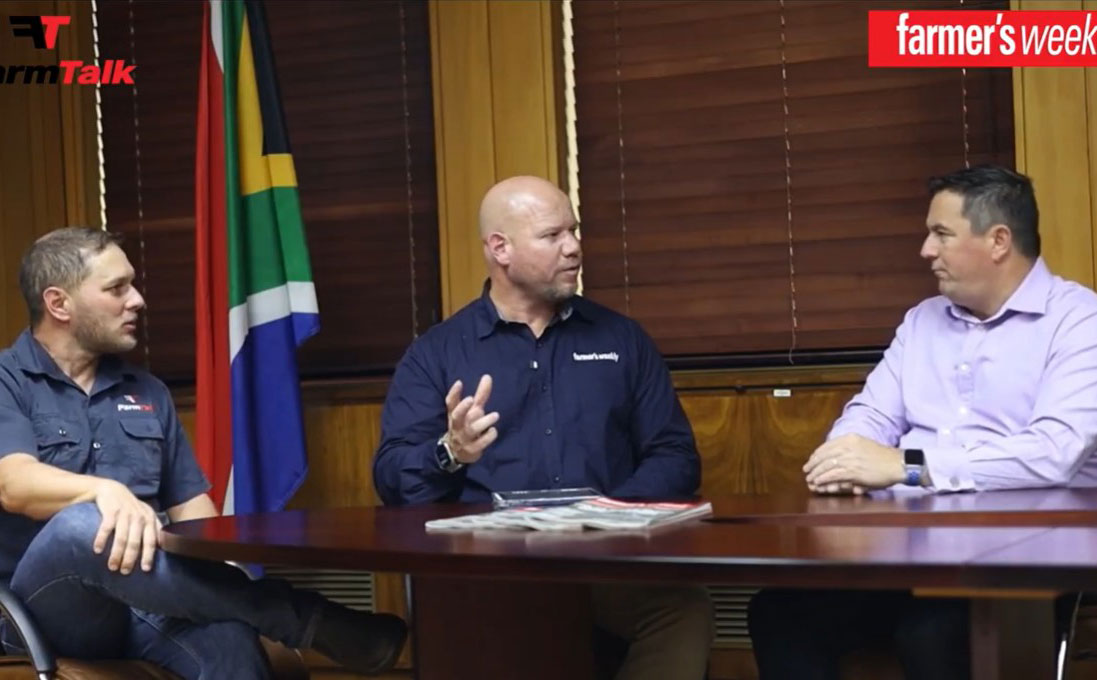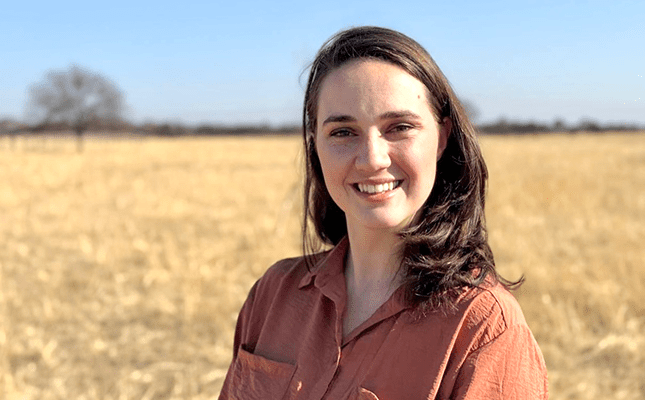
The public narrative about the sustainability of food often circles around a few unscientific aspects: that livestock production (and therefore meat consumption) is responsible for global warming, and that plant-based milk is healthier and more sustainable than bovine milk.
Addressing sustainability is, however, more complex, and without a holistic definition, it risks sending farmers down the wrong path. Sustainability should be viewed not only in terms of the environment but also in terms of economics and nutrition.
Choosing sustainable food starts with the farmer, who requires a host of information to make the right decisions about how to move their production system in the right direction.
This is where Enrike Maree, research and communications manager at the Swiss research organisation GOAL (Global Observatory for Accurate Livestock) Sciences, is making a difference.
Holistic data for practical sustainability
Maree’s research centres on comparing extensive and intensive meat and milk production systems to evaluate their sustainability from environmental, economic, and nutrient-flow perspectives. The goal is to provide farmers and policymakers with a practical sustainability model that guides decision-making around food systems South Africa should pursue.
“South Africa lacks localised, context-specific data that reflects our diverse biomes and demographics. Without it, recommendations risk being too general,” explains Maree. “My goal is to provide a holistic measurement tool that captures environmental, economic, and nutritional dimensions, empowering farmers, policymakers, and consumers with relevant, practical insights.”
Importantly, she avoids adding to the already heavy administrative load of farmers. Instead, her work builds on data already measured on farms, translating it into tools that help producers track the sustainability impact of their decisions.
Findings are then shared across the value chain, ensuring industry leaders and consumers have access to clear, science-based information.
One of her most exciting contributions is the DiEET tool, hosted on the Asset Research website, which compares the sustainability of dairy and plant-based drinks in South Africa.
Early results indicate that while bovine milk generally outperforms plant alternatives in nutrition and cost, some plant-based beverages may offer a lower environmental footprint.
“But each option carries trade-offs, so consumers need to view choices through a nuanced lens,” says Maree.
What her study revealed most clearly is the urgent need for greater industry collaboration. “By sharing data transparently with scientists, the sector can enable robust tools and research that ultimately benefit producers and the wider industry,” she adds.
Bringing science and society together
For Maree, the impact of science will only be fully felt if both farmers and consumers understand it. Her social media platform, AgreeToThisAgri, with more than 2 000 followers, grew from a desire to make farmers’ work visible and give consumers the facts they need to cut through misinformation.
“I fell in love with agriculture and want to share that passion widely,” she says. “Farmers deserve recognition, and consumers deserve accurate information. My content bridges [the gap between] those two worlds and clears up misconceptions about food and farming.”
Her posts range from explaining research findings in digestible language to highlighting farmers’ stories and sparking conversations about sustainability. The feedback has been overwhelmingly positive: consumers report changing their buying habits after engaging with Maree’s content, while fellow researchers say she has shown them that communicating publicly is easier than they thought.
Maree believes the industry needs more public-facing scientists: “If we want research to be implemented, it must be heard. That means speaking outside academic circles, on social media, at public events, and in mainstream media.”
As a young researcher, Maree is conscious of the example she is setting for the next generation. She believes the youth are central to shaping agriculture’s future as tomorrow’s consultants, policymakers, and innovators.
“Women in agriculture must make their voices and work visible. By doing so, we pave the way for our generation and the next to lead sustainable production and consumption,” she adds.
Words of wisdom for the next generation
Her advice to young women considering a career in agricultural science? “Be bold, brave, and respectful. Agriculture is diverse but close-knit; carry your name well, and the women who came before you will help you rise. Don’t be afraid to knock on every door.”
Maree’s ambitions extend beyond research and communication. Through AgriCV, the recruitment app she co-founded, she is helping to bridge the skills gap in agriculture by connecting businesses and individuals and supporting professional development.
The platform, soon to be rebranded, aims to strengthen the sector’s human capital, another pillar of long-term sustainability.
Looking ahead, she sees promise in creative financing solutions that reward holistic sustainable farming practices, enabling producers to access funding not only through physical assets but also through measures of efficiency, biodiversity, social impact, and resilience.
“We’re not there yet, but it’s encouraging to see the conversation moving in that direction,” she says.
For Maree, her ultimate goal is simple: “To move the industry even one step closer towards transparent collaboration and holistic sustainability, whether through uncovering answers with research or sparking the right conversations.”
In a field where facts are often drowned out by noise, Maree is proving that science can be both rigorous and relatable. By pairing her analytical mind with a talent for communication, she is giving agriculture a voice that resonates with policymakers, farmers, and consumers alike.
For more information contact Enrike Maree though her website: agreetothisagri.com.
Get trusted farming news from Farmers Weekly in Google Top Stories.
➕ Add Farmers Weekly to Google ✔ Takes 10 seconds · ✔ Remove anytime
